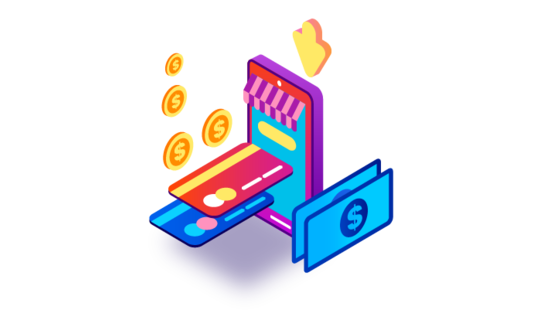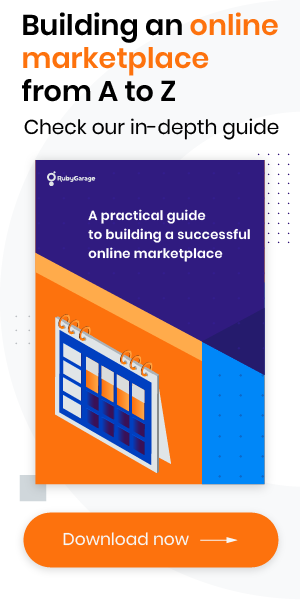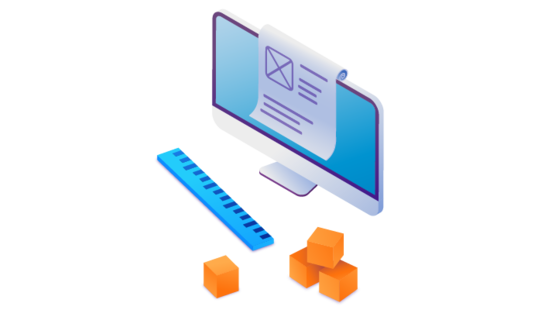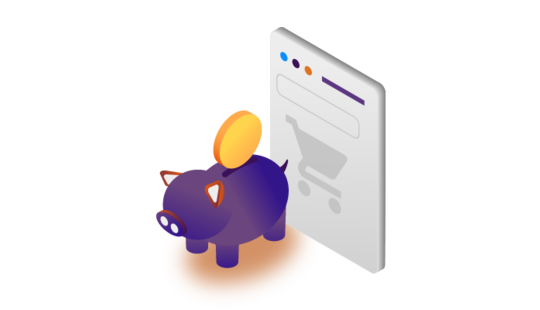-
Product Management
Software Testing
Technology Consulting
-
Multi-Vendor Marketplace
Online StoreCreate an online store with unique design and features at minimal cost using our MarketAge solutionCustom MarketplaceGet a unique, scalable, and cost-effective online marketplace with minimum time to marketTelemedicine SoftwareGet a cost-efficient, HIPAA-compliant telemedicine solution tailored to your facility's requirementsChat AppGet a customizable chat solution to connect users across multiple apps and platformsCustom Booking SystemImprove your business operations and expand to new markets with our appointment booking solutionVideo ConferencingAdjust our video conferencing solution for your business needsFor EnterpriseScale, automate, and improve business processes in your enterprise with our custom software solutionsFor StartupsTurn your startup ideas into viable, value-driven, and commercially successful software solutions -
-
- Case Studies
- Blog
How Do Online Marketplaces Make Money?
Marketplaces are booming, with a combined value of $814 billion globally. However, getting ahead of the curve is possible only if you choose the monetization strategy that best meets your purposes.
In this article, we’ll look at the most popular monetization models, from commission to featured listings and ads. No matter their size, scale, or region, ecommerce platforms use similar solutions for making a profit.
You can adopt any one monetization model that aligns with your revenue strategy, or you can choose a mix of approaches to squeeze out the maximum profit.
1. Commission
With the commission model, a marketplace gets money from each transaction it processes on the platform. You can charge either the seller, the buyer, or both, collecting either a percentage from each deal or a flat fee. The commission model is one of the most widespread. It’s mostly used by product marketplaces and rarely by service marketplaces.

Advantage: Attractive to visitors
As users are not charged before getting value from the marketplace, they don’t risk investing their money without getting anything in return (as is the case with ads or listing fees). This makes commission-based platforms more appealing to sellers and buyers alike, which can contribute to an increasing flow of marketplace users.
Advantage: Profit with each transaction
With this model, you get a bite from every transaction that passes through your platform. The more deals sellers and buyers make, the higher your revenue.
Challenge: Users may avoid commission
The challenge is to provide enough value to your users. If you don’t, they may find a way around your platform and buy directly from vendors, avoiding commission. In this case, providing value-added services (e.g. invoicing, tracking, and insurance) might help.
When to use the commission model
The commission model may help you win customers’ trust and achieve critical mass when you’re just starting your marketplace (after which the network effect will attract more market participants naturally).
Sometimes, however, charging commission is impossible — for example, when the amounts are large (think of real estate marketplace platforms).
Example
Many prominent marketplaces such as Amazon, eBay, and Etsy use the commission model for revenue. Uber uses a dynamic pricing monetization model. The price of an Uber ride is tied to the real-time supply and demand of vehicles. This benefits passengers, drivers, and platform owners.

2. Subscriptions
The subscription model means that a marketplace charges users a recurring fee to access the platform. Merchants, customers, or both parties pay for membership in order to sell or buy.
Subscription tiers can vary and may be given names like basic/prime/premium or bronze/silver/gold. The goal is to make subscriptions attractive to a broad range of vendors and buyers.

Advantage: Predictable profit
Unlike with the commission model, the subscription model gives reliable insight into what revenue you can generate in a particular time frame. However, it’s essential to balance membership plans, as high fees can repel customers while low prices will limit profits.
Challenge: Proving value
Users might be slow to join or unwilling to join your platform if they aren’t convinced of the value they can get. To reap the benefits from this model, your marketplace should already have a good reputation. Until you establish it, heavy discounts for early adopters or a free trial can help.
When to use subscriptions
This method works best when the margins are tiny or large, or when a typical user is engaged in several transactions.
Examples
Dating, recruiting, and home swapping sites typically charge membership fees.
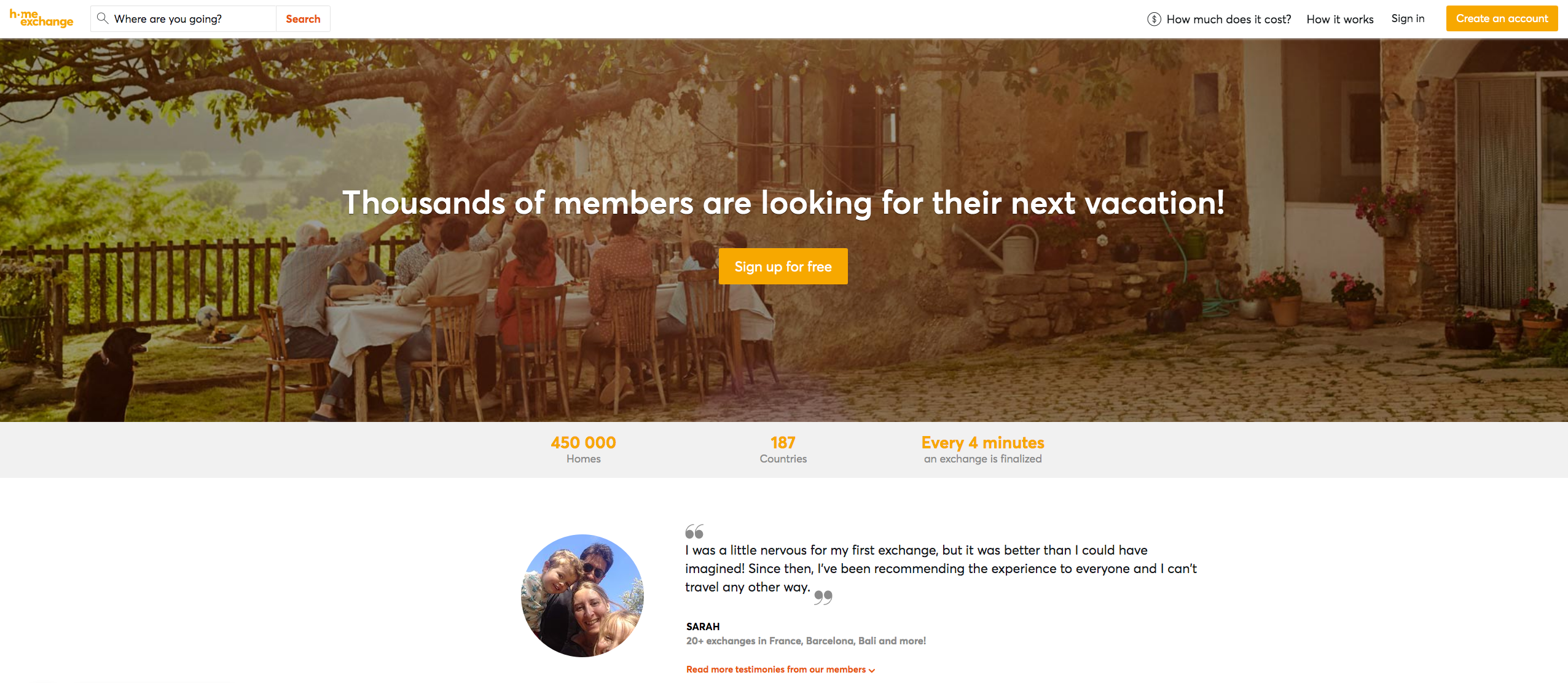
3. Lead fees
A lead fee means charging users a commission for leads. For example, sellers might pay for every buyer who contacts them. You can charge for each lead or just for leads that convert. An email, call, website visit, or other interaction might count as a lead.

Advantage: High value
This revenue model gives tangible value to users, since suppliers are connected with real buyers who are interested in closing deals. With a lead fee, there’s less of a risk that vendors will waste money compared to investing in ads.
Challenge: Setting the price
Marketplace users might want to find ways of directly connecting with customers, especially if the fee is high. Competitive and dynamic pricing and strict audit rules might help in this case.
When to use lead fees
If you’re running a contract-based or service-based marketplace, this method might work best for you. The lead fee approach is often used in B2C or B2B service platforms, where each new lead can result in a long-lasting customer relationship with multiple deals.
Example
Thumbtack, an online service that helps customers meet local specialists, charges lead fees. Calculating the price of a particular service for users is almost impossible, so the commission model is out of the question – the lead fee approach works best in this case.
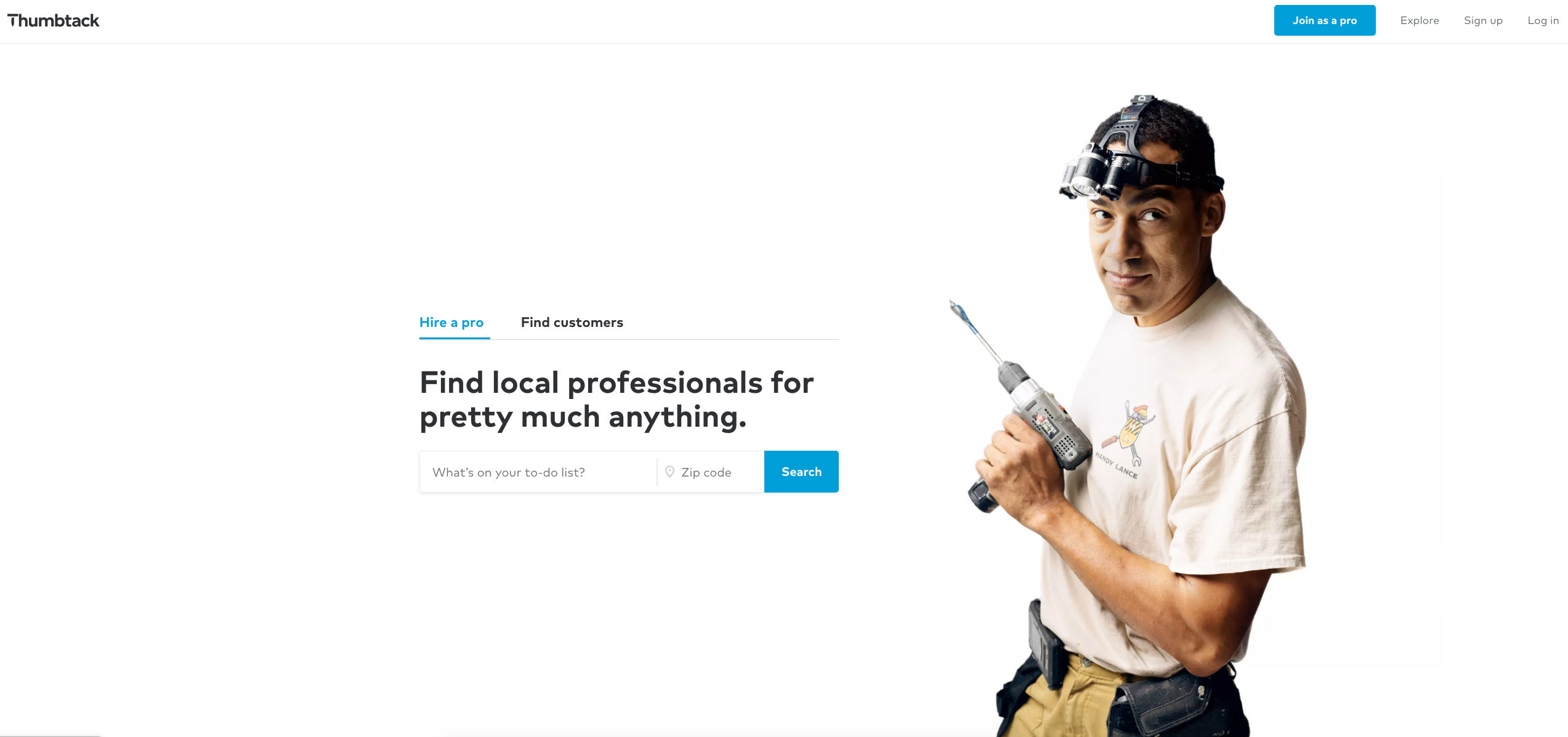
4. Listing fees
This monetization approach means charging a fee to providers when they post new listings.
However, you don’t need to charge for every listing from your vendors. Some categories of listings can be free and others paid.
As with commission fees, listing fees can be a flat rate or a percentage of the value of goods or services.

Advantage: Flexibility
Being clear and straightforward, this monetization model provides a lot of flexibility for marketplaces. You can charge for specific products or categories. At the same time, your revenue does not depend on sellers’ profitability.
Challenge: Moderate revenue
The listing fee model doesn’t guarantee value for marketplace users, hence the fee cannot be too high. Listing fees can supplement another monetization model, however, such as the commission model.
When to use listing fees
Listing fees are the primary business model for platforms with a constant flow of leads. If you have a new marketplace, it might not be the choice for you.
Example
Craigslist is a non-profit website that sometimes charges fees in particular categories to support its services. For example, users pay to post job listings in some US cities or to list an apartment for rent in New York City.
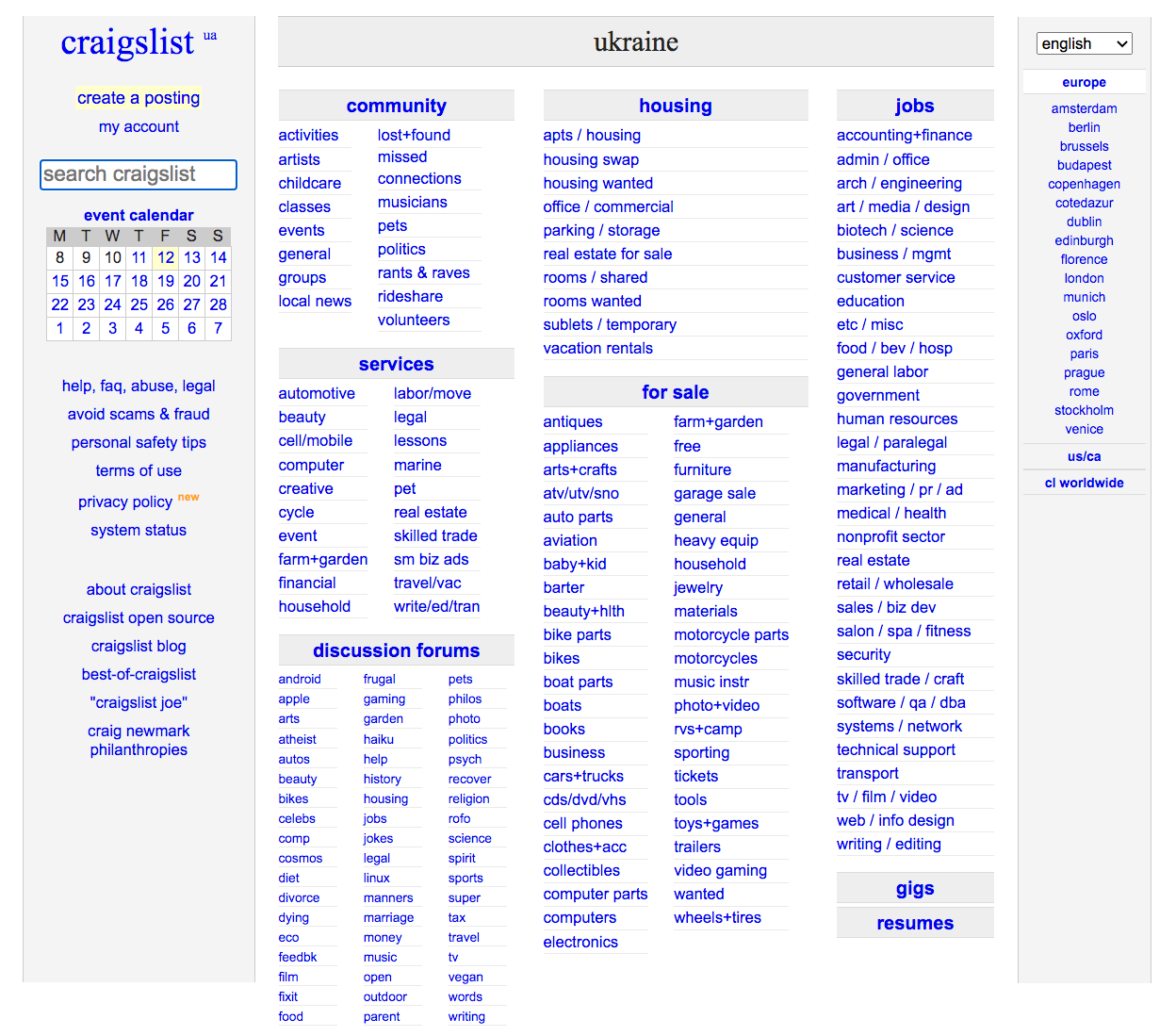
5. Featured listings and ads
Answering the question “how do online marketplaces make money”, we can’t ignore this model. Featured listings and ads are ways for providers to ensure more visibility for their offerings.
To give a product or service extra exposure, you can feature vendor profiles and products on the main page and include sponsored products on other product pages.

Advantage: Profitability
Providing you operate a highly competitive marketplace and your platform is well-known, paid listings and ads can bring you substantial profit.
Challenge: Advertising attitudes
As customers increasingly don’t trust ads, trying to persuade them to buy a particular product or service can be challenging. Featured listings and ads should be of good quality and not intrusive. Also, it’s best not to promote low-quality products, as it can harm your customer experience.
When to use featured listings and ads
Featured listings and ads work best as an additional monetization approach, providing you’ve already earned your place in the sun.
Example
Newegg, an online retailer of items including computer hardware and consumer electronics, places numerous ads on their landing page.
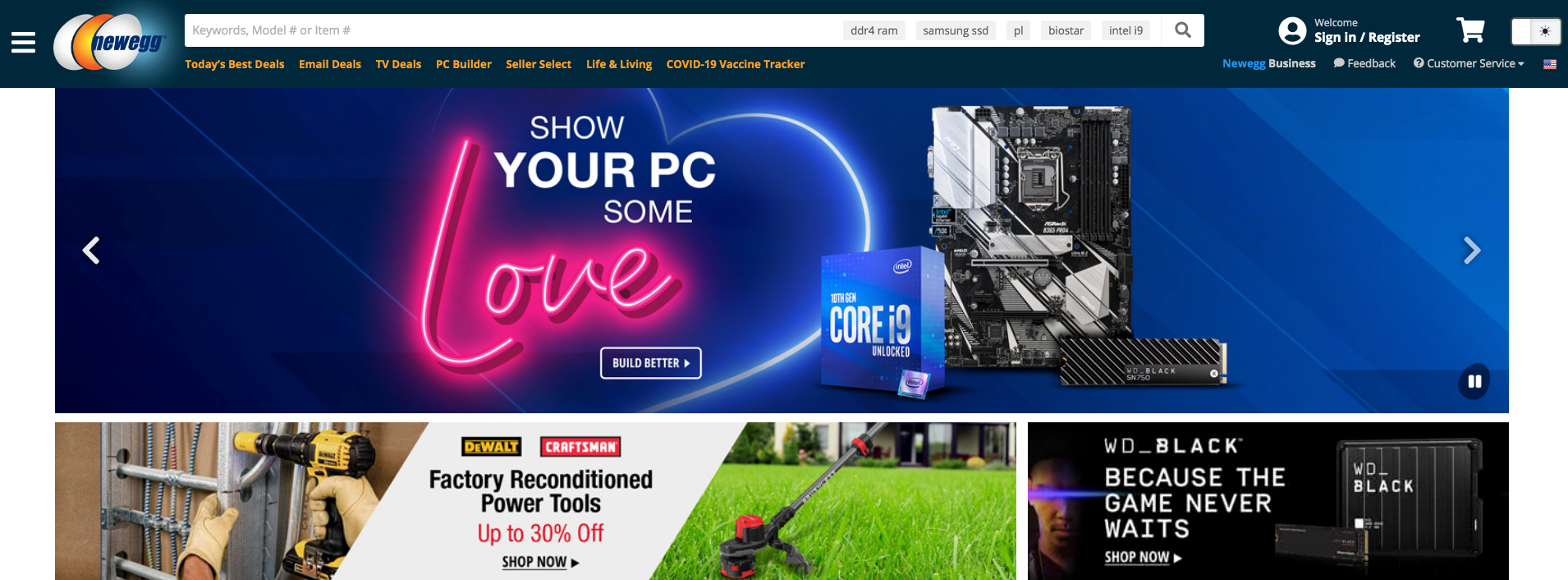
6. Freemium
This model goes by several different names, including value-added services and enhanced seller services. No matter what you call it, it means that you offer a “freemium” plan to all users and offer additional features to sellers for a fee.
The logic behind the freemium model is that after your users are hooked by your basic services, you offer paid features that are so beneficial that many customers agree to pay.

Advantage: Highly attractive
The key advantage of the freemium model is that it takes much less effort to attract an audience to a free marketplace, which means more people will visit your platform than they would if you used the membership model.
Challenge: Providing enough value
Your paid services need to provide enough value to be alluring to a significant portion of your users. If very few are interested in what you’re offering, you won’t have a strong business model. A product marketplace can tackle this challenge by offering delivery benefits and exclusive ways to shop.
When to use the freemium model
The freemium model is a good choice if you’ve just started your marketplace. This model can supplement others like featured listings and ads.
Example
Peerby is a Dutch startup that operates a sharing service. It’s basically free, but it has two paid offerings: insurance and delivery.
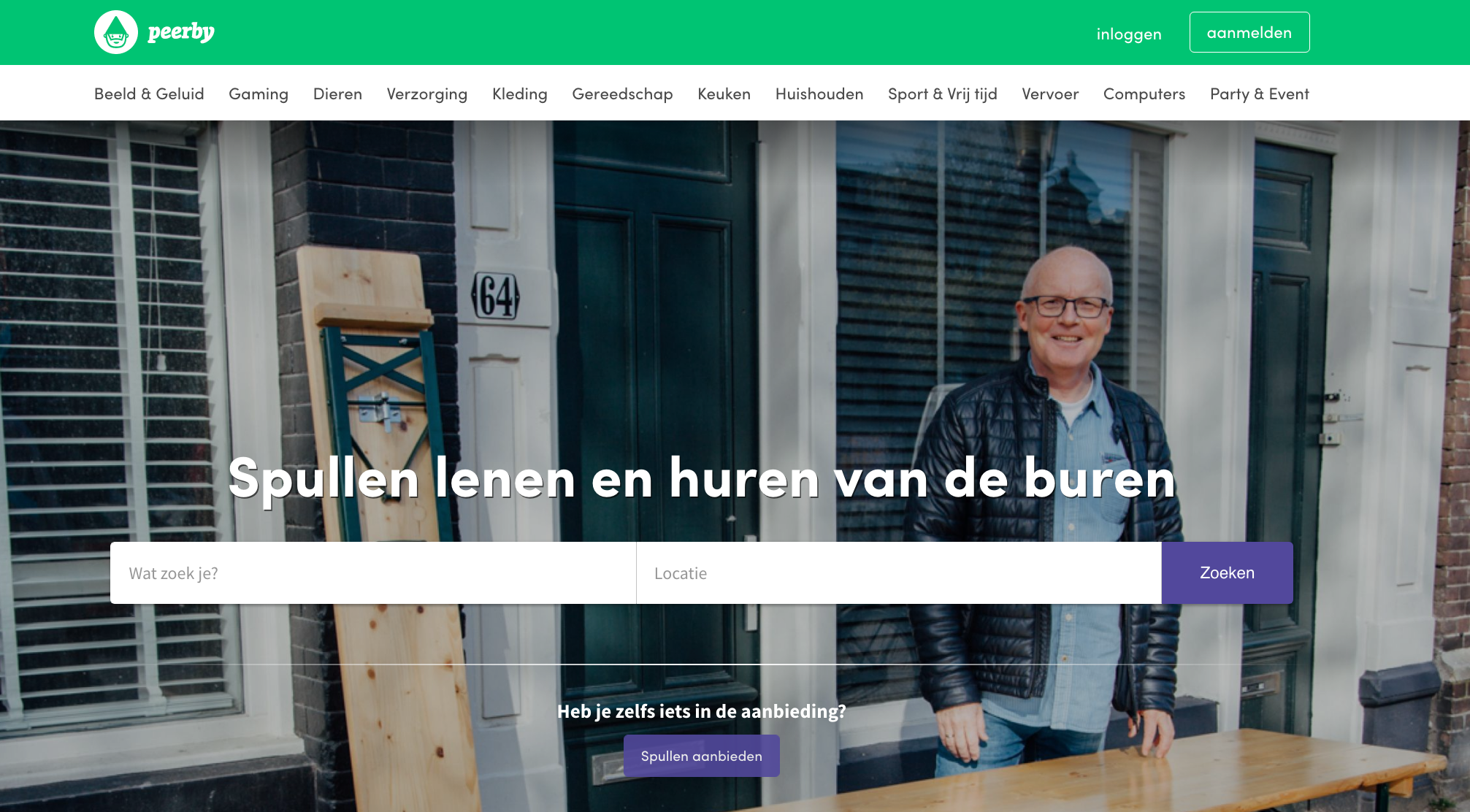
Conclusion
We’ve looked at the most popular marketplace monetization models, including commission, lead fees, listing fees, and value-added services. You can choose one or combine a couple of them for your marketplace using a mixed revenue model. The key is to generate profit while balancing the needs of customers and sellers.
The best strategy is to be flexible in your monetization methods. Marketplaces are long-term initiatives, so it’s a good idea to experiment.
FAQ
-
You can define the best monetization method for your marketplace by considering the type of your platform, the level of competition, your business goals, and your revenue strategy. The commission model is the most popular way for online marketplaces to make money, as it’s attractive to marketplace participants. However, it doesn’t work well in some cases, such as when transactions are for very large amounts.
-
Predictable profit is the main advantage of the membership monetization model, as it gives reliable insights into what revenue you can generate in a month, quarter, or year. The challenge is to regularly provide value, as users might be reluctant to pay to join your platform if they aren’t sure about the value they can get. Heavy discounts for early adopters or free trials can help in this case.
-
If you’re running a contract-based or service-based marketplace, this method might work best for you. Lead fees are common in B2C and B2B service platforms, where each new lead can result in a long-lasting relationship with multiple deals.
If you’re looking for marketplace advice, our team of developers is here to help. Share your idea with us



